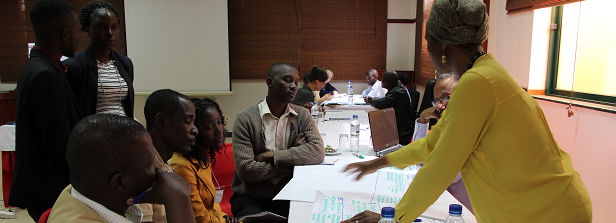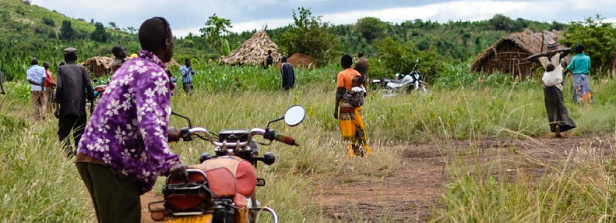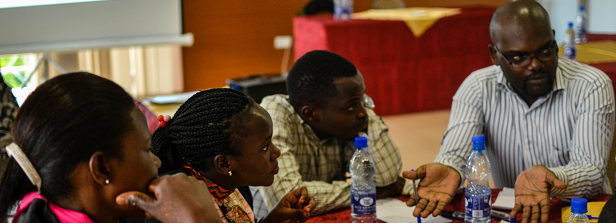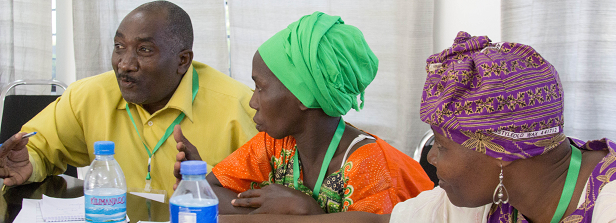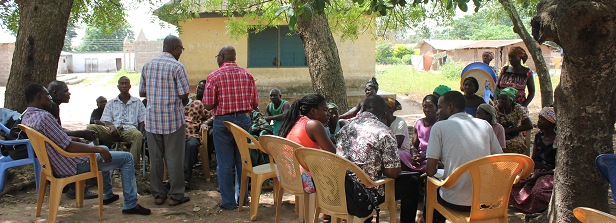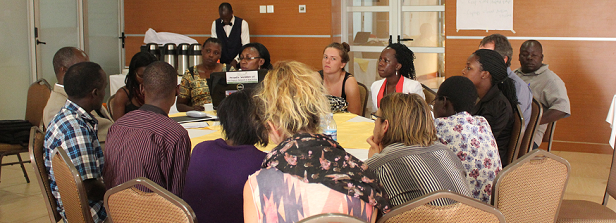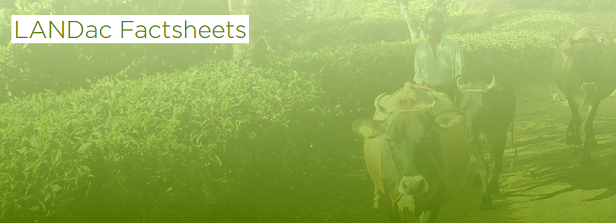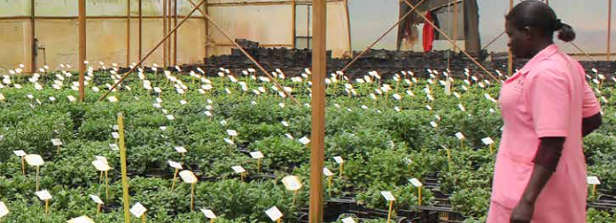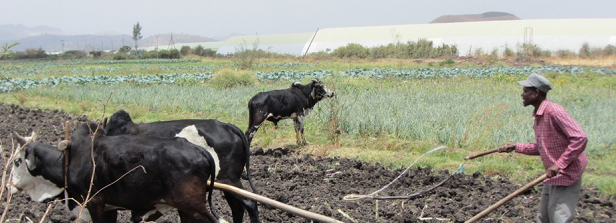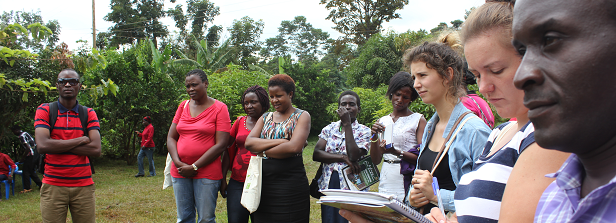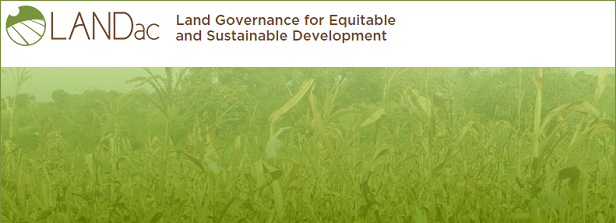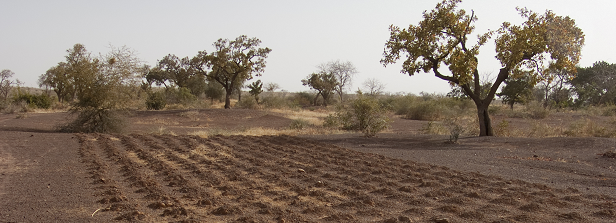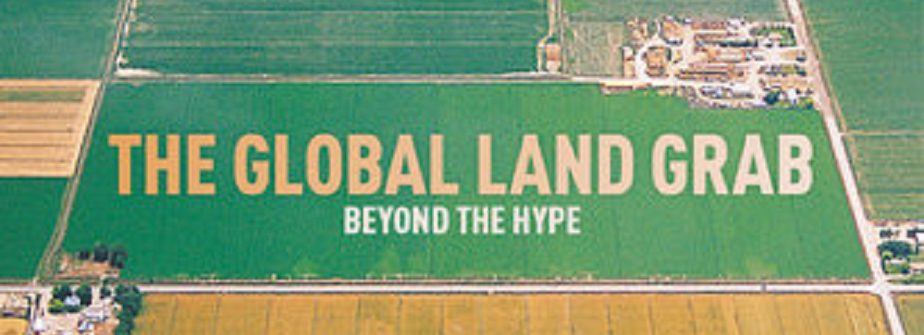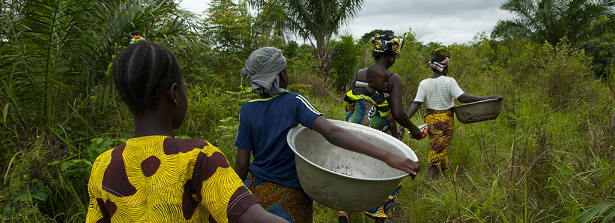Land Governance for Food Security
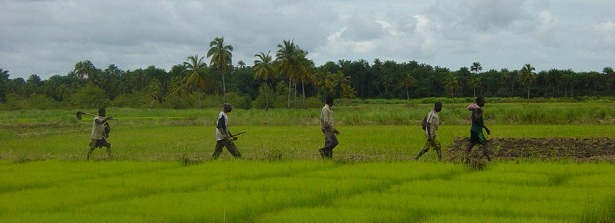
Linking food security and land governance
Food security is linked to land governance at different levels and in multiple ways. The most direct link, on an individual and household level, is access to land for the production of food. The importance of secure access to land has, for example, been presented in the report ‘Improving food security’ by the Ministry of Foreign Affairs’ Policy and Operations Evaluation Department (IOB). Depending on context and supporting interventions, improvement of land tenure security has been demonstrated to lead to increased investments and productivity. Increasingly, food production in developing countries takes place on a larger scale involving domestic and foreign actors that secure access to large pieces of land. Acquired land is not always used for food production, speculation influences access to farmland for small-scale farmers. A lower availability of fallow land will decrease soil fertility and influence food markets in the long run.
Land governance practices for food security
Clear rules and practices around access to and use of land contribute to the protection of the rights of local communities, also making sure that they profit from economic growth, as well as to a healthy investment climate. Investors and entrepreneurs will invest in land and agriculture when their investments are safe and protected. Smallholder farmers are also more likely to invest in their farming practices in this case. Unclear land governance practices – and not involving or bypassing local institutions like local governments and customary authorities – contribute to conflicts and high costs. Investments in land and agriculture, in turn, can stimulate knowledge spill-over of agricultural innovation, while potentially increasing jobs. These kinds of developments have a more indirect impact on food security as through the increase of income, people’s purchasing power on food markets increases.
A knowledge agenda on land governance
Developments in the field of land governance have been high on the Dutch agenda in recent years. This has been the case since 2010 in particular as LANDac1, the Netherlands Academy on Land Governance, has been focusing on issues of increasing land inequality and new land-related conflicts. LANDac has also been examining how land governance – rules and practices around access to and use of land – can be used to promote equitable and sustainable development in the Global South. From 2014 on, the land governance activities, in particular those focussing on food security, will be continued partly in cooperation with the F&BKP.
A knowledge agenda on land governance and food security within the F&BKP can profit from and build upon the LANDac network to ensure capitalization of past and current knowledge. Activities on the one hand include activities that are linked to outcomes of past research and taking these outcomes further for implementation and linking to current Dutch policies. On the other hand, frontier research on the intersection between land governance and food security will be initiated. This topic will allow the Dutch land community to remain at the forefront of international discussions while linking these to developments in the field.
Footnotes
- 1. LANDac is the Netherlands Academy on Land Governance, a network of Dutch organizations and their Southern partners involved in development-related research, policy and practice. LANDac partners are IDS at Utrecht University (leading partner), African Studies Centre, Agriterra, SDC at Wageningen University, Hivos, KIT, Ministry of Foreign Affairs, and Enclude Solutions (www.landgovernance.org).
